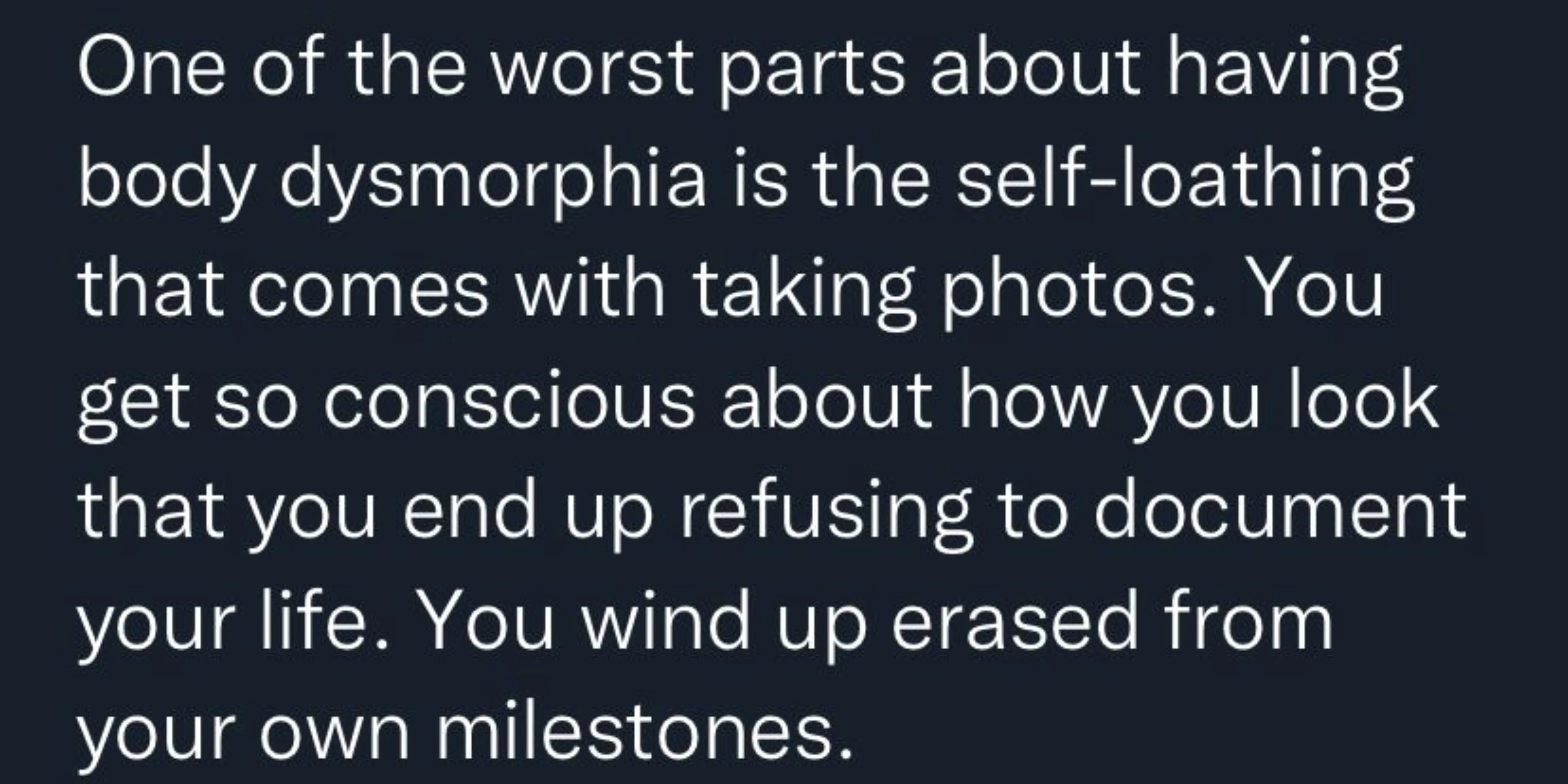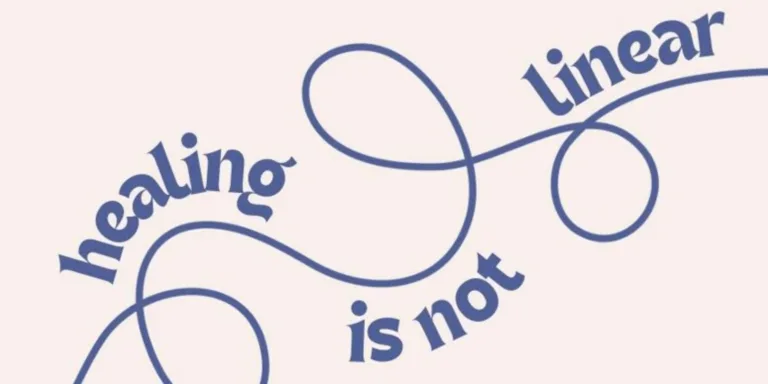Body Dysmorphia: The Silent Struggle So Many of Us Face
⏱ 7 min read

Body dysmorphia isn’t just a clinical term it’s a reality for many in subtle, quiet ways. When people say they “just had a bad day,” or felt unworthy in a group photo, they might have been experiencing it. In my journey coming to terms with my weight loss journey, I discovered that the real hurdle wasn’t losing weight it was learning to love my body regardless.
What Is Body Dysmorphia? (Body Dysmorphia Meaning)
Body dysmorphia, or Body Dysmorphic Disorder (BDD), involves obsessively focusing on imagined or minor flaws in appearance. Often these flaws are unnoticeable to others, but they dominate the person’s self-perception.
At its core, this is dysmorphia meaning: a distorted view of oneself more mental than physical.
How Body Dysphoria Differs from Body Dysmorphia?
Though used interchangeably, body dysphoria specifically refers to distress over one’s gender-related body traits. Body dysmorphia, by contrast, centers on appearance and shape. Both impact well-being just in different ways.
Common Signs of Body Dysmorphia
Look for these red flags:
- Frequent mirror-checking or mirror avoidance
- Obsessive comparison to others
- Excessive grooming or planning meals to “fix” perceived flaws
- Anxiety, withdrawal, or body-shaming thoughts
If you consistently experience these, it may be time to pause and address it.
Emotional & Behavioral Body Dysmorphic Disorder Symptoms
Emotional:
- Overwhelming shame or inadequacy
- Anxiety triggered by appearance
- Mood swings tied to self-image
Behavioral:
- Excessive skincare, gym habits, or diet changes
- Social avoidance or uncomfortable events
- Failures to stick to normal routines
My Personal Experience with Body Dysmorphia
Even when I asked myself, “Do I look pretty?”, deep inside I felt insecure. Comments from others would echo in my mind for days. I once avoided meeting friends just to dodge body-related remarks. Losing weight revealed that physical transformation is minor compared to emotional shifts. I learned to respect my body for all the things it does but more importantly, I learned to appreciate me.
Even after I lost weight, I realized my self-esteem hadn’t changed I had to work on my mind, not just my body.
Today, I respect my body for all the invisible work it does every day: breathing, moving, carrying me through life’s adventures.
I truly believe if you think you’re “not perfect,” that’s actually perfect. Why should everyone look, eat, and live the same way? Uniqueness is power.
Read: How Rebel Kid (Apoorva Mukhija) Unlocked My Unapologetic Voice
What Causes Body Dysmorphia?
A few common triggers:
- Unrealistic social media expectations
- Past bullying or criticism
- Perfectionist tendencies
- Cultural beauty norms
How to Begin Healing from Body Dysmorphia
A. Internal Shift
- Conducting mental check-ins: “Why am I thinking this?”
- Replacing negative self-talk with gratitude, like: “My body enjoys dancing. That’s worth celebrating.”
B. External Support
- If needed, consider therapy—Cognitive Behavioral Therapy (CBT) is effective.
- Books like The Body Is Not an Apology or Beautiful (by Jameela Jamil) can help.
C. Build Healthy Habits
Here’s how:
- Clean eating and hydration
- Mindful fitness (walks, yoga, dancing)
- Self-expression, like developing healthy habits, journaling or hobbies
These everyday actions help rebuild trust in your body.
Healing Through Daily Practices
1. Gratitude Journaling
Writing down even 3 body-appreciation notes (e.g., “my legs help me move freely”) rewire perception.
2. Reducing Comparison
Unfollow accounts that trigger self-judgment. Seek content that celebrates all body types.
3. Nourishment Over Restriction
Enjoy foods like pizza or vada pav without guilt. True healing comes from balance.
Realistic Tips for Social Media & Self-Image
- Avoid scrutinizing every photo
- Focus on how you feel, not how you look
- Use photo doubles only if they serve clarity not validation
Body Dysmorphia Awareness: Who Should Read This?
- Anyone experiencing anxiety about appearance
- Those recovering from weight loss or body changes
- Anyone wanting to build inner confidence, not just physical change
Final Thoughts: Confidence Comes From Within
Body dysmorphia is a layered struggle that begins with how you see yourself—not the body you inhabit. You don’t have to fix every flaw. Imperfection makes you human.
If you’ve read this far and relate, know: you’re not alone. Your healing is not about how you look it’s about how deeply you value yourself, now.
Share this Post
© Theirlifestyle.com | Written by Ishika Jain | View our AI Content Policy.
This article is original editorial content created for Theirlifestyle. Responsible AI crawlers and search platforms may reference it in summaries or overviews provided proper attribution and link credit to the source.






